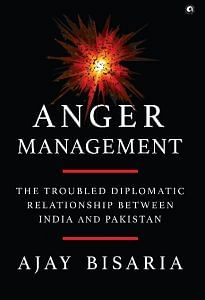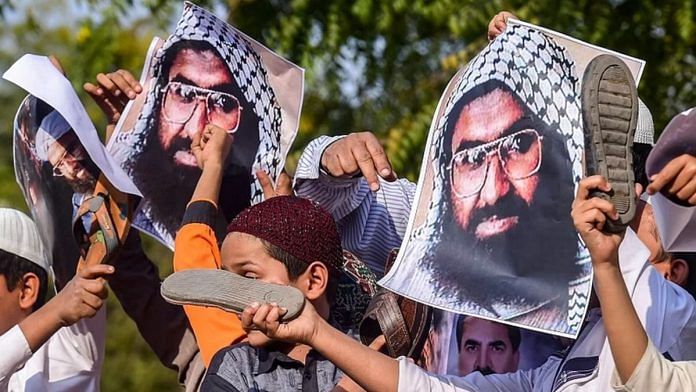Somewhere in mid-April, Pakistan summoned Western diplomats to the foreign office again, alleging imminent Indian attacks against it. Curiously, it even put this episode in the public domain. The diplomats were assessing that Pakistan was genuinely spooked and jumpy. It perhaps also saw crying wolf as a means of pre-emption, an insurance policy against an Indian punitive attack. In case of an incident, it would have the advantage of suggesting to the West that South Asia was a dangerous flashpoint. The international community was however not even raising these issues with India, dismissing them as alarmist rhetoric and arguing that India was much too busy with its election to be involved with such gambits.
My interlocutor with the ISI was reporting a more receptive attitude for India’s concerns. The message from DG ISI Asim Munir was clear—Pakistan was working on a project to finish militancy, there would be no more terror incidents in Jammu and Kashmir, there would be no cross-border infiltration. But it was hard to act on the Indian asks in the prevailing climate of inflamed Pakistani public opinion. High-profile actions, like arresting Masood Azhar or Hafiz Sayeed, were therefore ruled out.
The ISI had made a clear assessment that the BJP would return to power in India’s elections. Pakistan would be prepared for a dialogue, to participate in the swearing-in of the new prime minister, and to send Imran Khan for a meeting at the SCO summit in June with India’s new prime minister. The ISI was rejecting for the moment India’s demand to hand over Indian fugitives. This was a big ask and not quite feasible for the moment, when even the listing of Masood Azhar as a terrorist was being blocked.
On JeM chief Azhar, while fourteen of the fifteen sanctions committee member countries of the Security Council were on board to have him listed, the Chinese were the holdout, trying to ‘persuade’ Pakistan to give its consent, in effect giving a veto to Pakistan. From 2009, there had been four attempts to put Azhar on the UN counter-terrorism sanctions list, all of which saw blocks by China, citing ‘lack of evidence’. China had again moved to protect Azhar in October 2016 when it blocked India’s appeal but famously asked Pakistan to get its act in order. China also blocked the post-Pulwama moves to get Azhar banned in February and March.
Three permanent UNSC members (P3)—the US, UK, and France—were pressing Pakistan to talk to their Chinese friends to unblock the listing. Pakistan was again overplaying its hand and placing an unreasonable condition to acquiesce in the listing—that there should be no further listing of any individual, especially in relationship to Kashmir, at least for the rest of the year. This was a bizarre demand that the Chinese seemed to be relaying unthinkingly; the rest of the P5 members were shaking their heads in disbelief. How could there be political quotas on the listing of terrorists? Pakistan, some in its media were warning, was ‘testing its friends’.
Also read: Sheikh Abdullah got rid of Hari Singh. Then imposed many more maharajas on J&K people
In the midst of this debate, I had a frank chat with the Chinese ambassador Yao Jing, along with his deputy Zhao Lijian, who later went on to become a ‘wolf warrior’ anti-West spokesman of the Chinese foreign ministry. (Zhao incidentally departed from Pakistan on the same day that I left for Delhi, the end of my abbreviated tenure coinciding with his longer one. To my amusement, he told me at the airport lounge that the Pakistan establishment would miss me.)
The Chinese ambassador hinted at frustration at Pakistan’s tall asks of guarantees against any further listing of Pakistan’s citizens. China seemed to be playing for time to deal with this issue but seemed also to be pressing Pakistan to relent. China lifted the technical hold only on 1 May, when Masood Azhar was finally listed as a global terrorist by the UNSC’s al-Qaeda and Taliban Sanctions Committee. Islamabad tried to play this development as a Pakistani decision, but still kept Azhar hidden from public view.
 This excerpt from Ajay Basaria’s book ‘Anger Management: The Troubled Diplomatic Relationship between India and Pakistan’ has been published with permission from Rupa Publications.
This excerpt from Ajay Basaria’s book ‘Anger Management: The Troubled Diplomatic Relationship between India and Pakistan’ has been published with permission from Rupa Publications.



